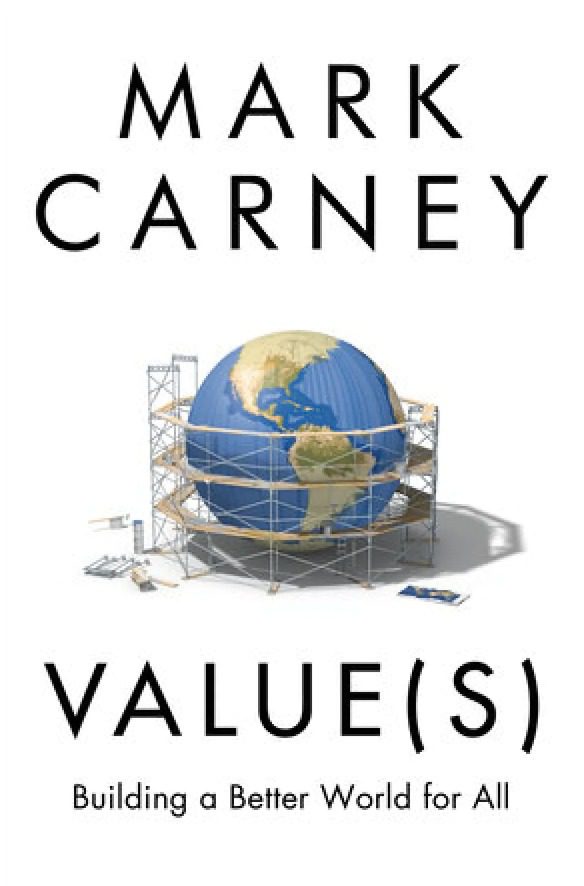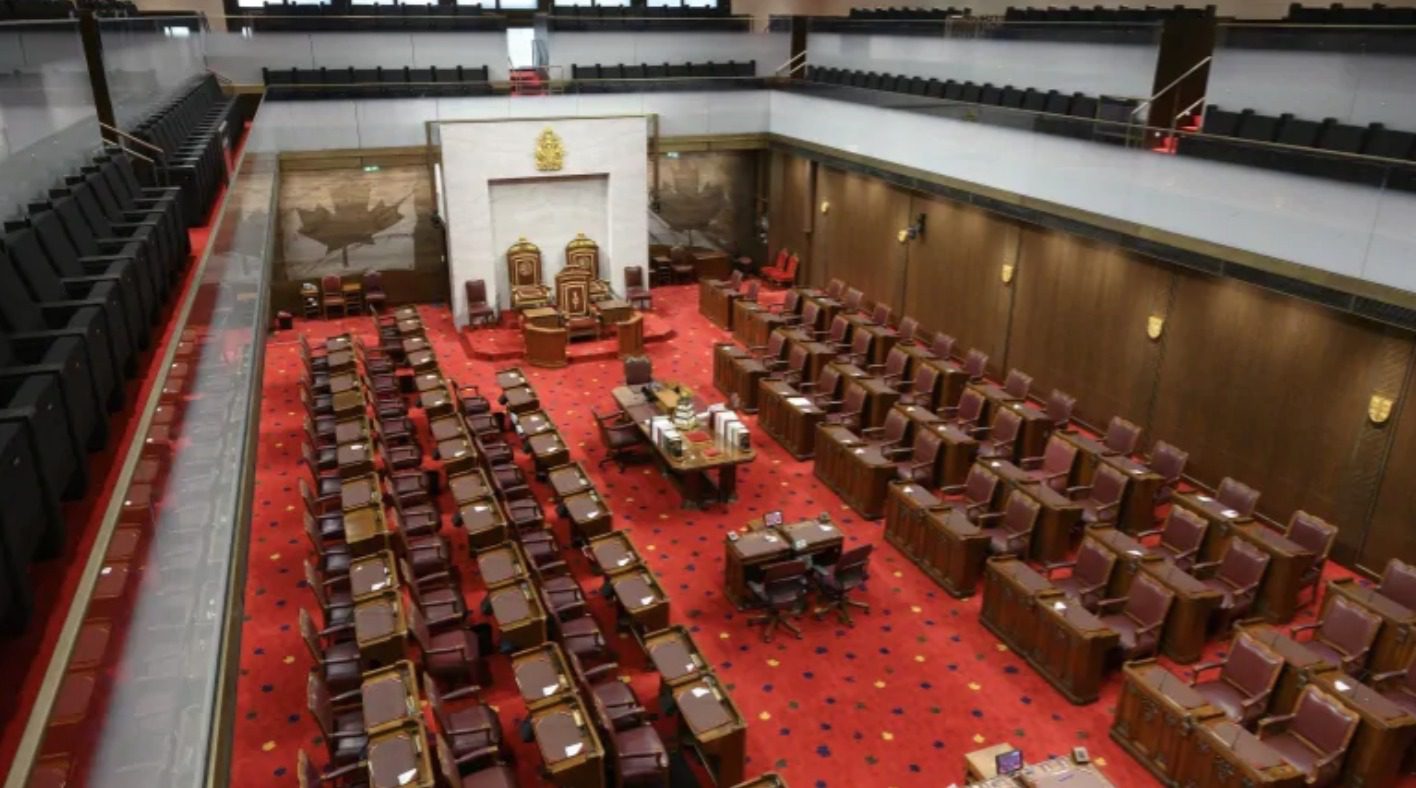Mark Carney’s new book is equal parts memoir, economic history textbook, leadership and management textbook, and political audition.
The memoir portions focus on his time as Governor of the Bank of Canada during the Great Recession, and of the Bank of England during the Scottish referendum, Brexit and the early days of the COVID-19 pandemic. He tells us an earlier story in brief of the man as a young Canadian athlete and academic, and as an investment banker, before entering public service in glimpses.
The memoir portions are constantly bookended by economic history: it is as if he needs to take us on discursive detours to ensure his reader has the same knowledge of our economic past such that it is prologue to his present discussions. In this regard, it's actually more of an academic tome. His conversational but formal tone makes it a readable trip to the economics professor.
Similarly, the memoir portions are also used as case studies for what reads like a management textbook. In many regards, this is where the book was most engaging to me: we learn axioms from a former US treasury secretary such as "a plan beats no plan", the values of preparedness and the centrality of humility to remind oneself that global economics owes us nothing and the most worrisome words are the confident declaration from financiers that "this time is different".
The sections on the financial crisis take us inside "the room where it happened" to quote the musical, and the passages on Brexit planning reveal that Carney took seriously the need to game out all eventualities, leading him to be able to calm British and global markets even with a prime minister resigning when the Leave vote unexpectedly won. (As a fellow Canadian who has lived, studied and worked in Britain, I enjoyed the book's occasional Britishisms and spelling.)
Carney's final chapter focuses on a prescription for Canadian economics, one that dovetails rather well into the budget the Trudeau Liberal government just unveiled (Carney is an occasional advisor to the government and spoke at the party conference). He suggests separating spending into three buckets: emergency pandemic measures, ordinary operations of government and investments in lasting capital infrastructure projects to stimulate the recovery. He also is sanguine but not without warning on spending now when interest rates are low; it is probably worth noting that Canada's recent budget, for all its focus on red ink, is actually a comparatively modest spending plan when compared to the Biden programme to our south, although admittedly we have many of the things Biden is seeking to implement all at once in place already.
Throughout the book, he also engages in outlining the technical reforms at the heart of transitioning finance to work to address the climate crisis. He argues that we need to value on our balance sheets what we value in our civic conscience; this is the central conceit of the book that forms its title: that we "value our values". He points out repeatedly, and referenced it in his speech to the Liberal party conference, that we have a valuation for Amazon the company, but the Amazon rainforest is only valuable once it is stripped for forestry or farming, not as the carbon sink and priceless ecosystem that it is.
The values he repeatedly comes back to are fairness, solidarity, resilience, responsibility, sustainability, humility and dynamism which, taken together, form a pretty thorough distillation of modern liberal economics. We're all in this together, so things need to be fair, and we need to work together in sustainable and responsible ways, he says, but this is all fuelled by economic dynamism, the ability of the market to create value, which can fund our values, if we are humble enough to be on guard for new threats to our resiliency.
The book as a whole reveals a sense of a liberal economist who values responsibility.
Photo Credit: CBC News

















